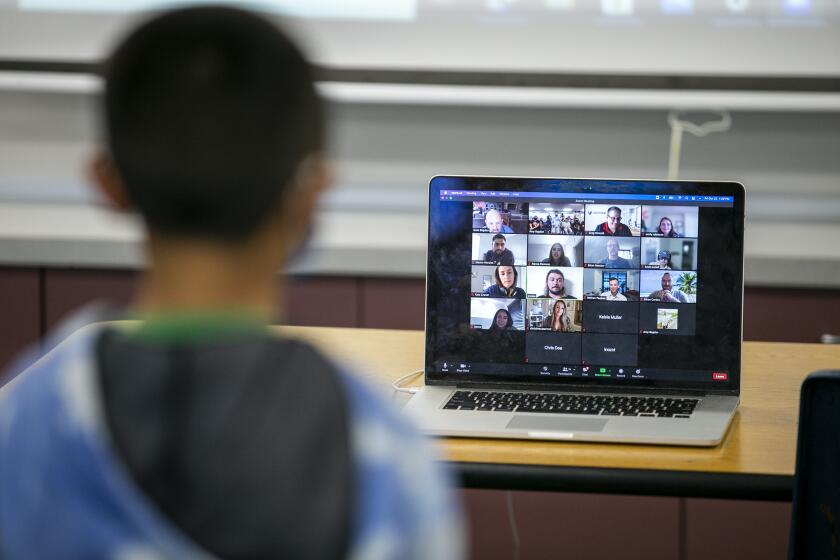Commentary: Technology is an important tool, but we must limit its influence over our lives
Since the industrial revolution, one of the major events in human history has been the information revolution.
Take the rapid technological advancements in hardware, with the design and development of tiny, integrated circuits and ever-smaller chips replacing large, tube-based systems.
There is also firmware leveraging nanotechnology and software with machine-level languages. These have brought us closer to the brink of a paradigm shift.
Today, you can hardy find a branch of science untouched by technology. In most, if not all, branches of science, technology is a powerful tool that helps scientists do their research and development faster, cheaper and better with more-accurate results.
Technology is detailed and complicated. But if we look at it, the abstraction layer, and I mean specifically computing technology, we see a set of rules dictated by us, the humans, and embedded in the machines to follow them exactly as ordered.
Except for a very few highly advanced technology frontiers currently at the research level, that is the limit of computing technology. Machines, as we know them, are a group of dumb beings that do exactly what they are told by their creators.
No more, no less. Tell me what to do, master, I will do it fast. They are simply enablers, sets of tools to help humans to get to the results faster.
But does it end there? I think not. Hence, “The Good, the Bad and the Ugly.”
The Good: We all see the good tech brings us 24/7, and there’s no need to elaborate.
The Bad: Tech dependency, at the point of addiction for many, especially youth, is a sincere threat to our way of life. Security and privacy are also at stake. I am a firm believer that there will never be a secure system. I have always said, “Any system that man can create, man can break.”
The Ugly: One of the few remaining traits that separate humans from the machines we have created is cognitive ability. We are witnessing a solid trend for machines to learn on their own, posing a real global threat to control their creators, but to also impair humans’s ability to think for themselves. This is not sci-fi.
The proposed possible solution: In one word, balance, maximizing the good and minimizing the bad, knowing we have only 24 hours a day, with many other responsibilities beyond technology. As for the ugly, proactive planning and a preemptive approach by responsible governments, scientists and technocrats is required. One day we may need a global treaty for “machine proliferation” similar to the global “nuclear proliferation.”
The future belongs to those nations that own, manage and control two major powers: Energy and Technology.
Businessman K.E. MEHRFAR lives in Newport Beach.
All the latest on Orange County from Orange County.
Get our free TimesOC newsletter.
You may occasionally receive promotional content from the Daily Pilot.



